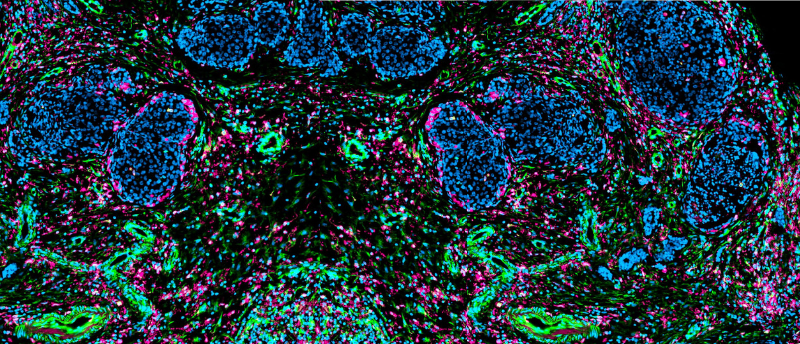Milestones in spatial biology

Spatially resolved biology allows researchers to study cells in the context of their tissue microenvironment, enabling a fuller appreciation of cellular function. While spatial transcriptomics and proteomics methods have really blossomed in the last decade, researchers have been trying to understand cellular function in a true morphological context for a long time. This infographic explores key applications of spatial profiling methods from the early proof-of-principle days to advances in resolution and multiplex detection.
This Infographic highlights:
- The steps that have lead to where we are today in the spatial biology field
- The future of spatial biology
And much more!
This content was provided by 10x Genomics